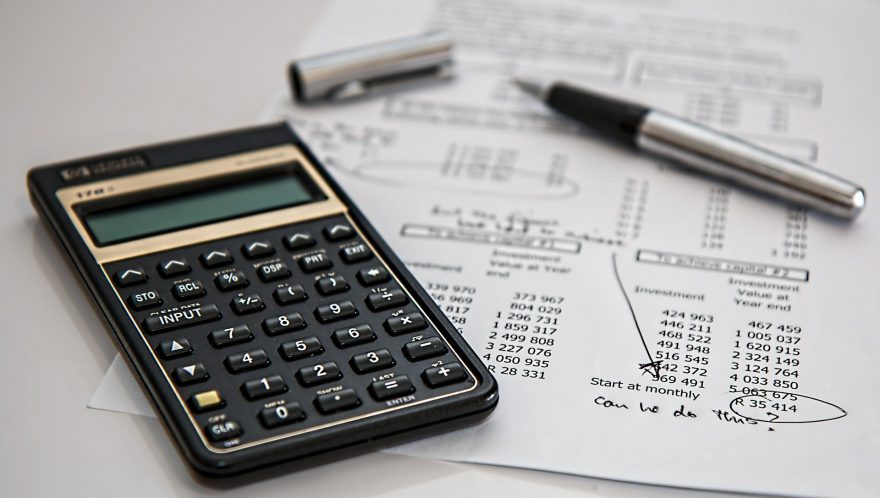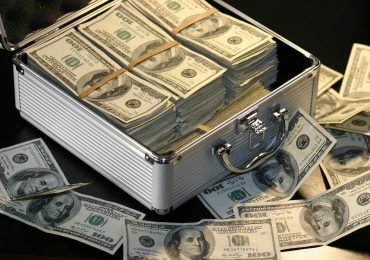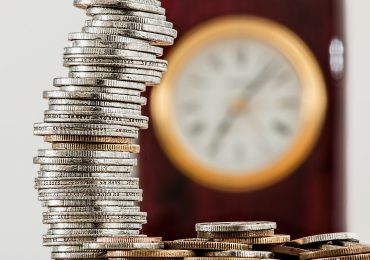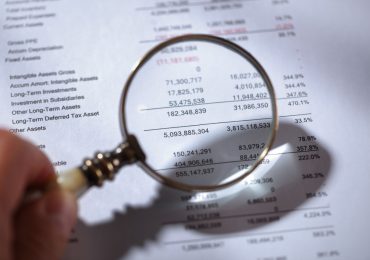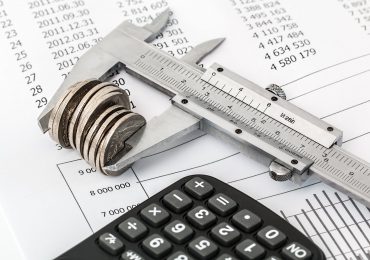The “flurry” of tax proposals from the Biden administration includes a “headline-grabbing tax hike on capital gains” as well as on dividends that will affect more than just the wealthiest Americans. This according to a recent article in The Wall Street Journal.
For those with adjusted gross income (AGI) of more than $1 million, the proposal would tax qualified dividends at rates of up to 40.8% (rather than the lower capital gains rates of 23.8%). While at first glance, the income level seems to apply only to the rich, the article argues that “the harms go further than that.”
WSJ research reportedly “points to a negative relationship between dividend taxes and dividend payments” and shows that “the effect of a dividend tax increase would not be limited to millionaires.” It cites IRS data showing that approximately 27 million tax filers received qualified dividends in 2018, more than half of which had AGI of less than $100,000 with another 27% showing AGI of between $100,000 and $200,000.
The article also notes the importance of dividends as a “safe stream of income for retirees,” explaining, “Holding a share of your retirement savings in dividend-paying stocks not only allows you to increase your savings, but also protects against inflation, which is becoming a bigger threat.”
The article concludes, “The Biden administration’s proposed increase in taxes would push firms to reduce their dividend payments, hitting the pocketbooks of the millions of Americans who rely on dividends for emergency funds or retirement savings. This doesn’t even get into the effect on capital-intensive industries such as utilities and real-estate investment trusts, which rely on dividend payments to attract the investments they need to operate.”

